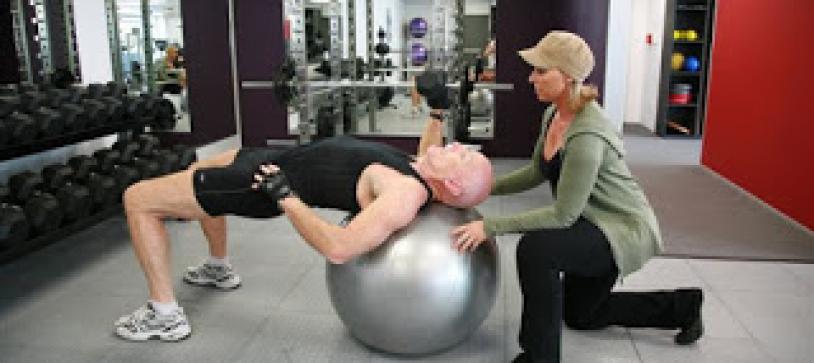Movement is essential for human beings and we all need different levels of intensity and variety. If you are fit and healthy then harder workouts can be beneficial. If you are unwell and unfit, movement may involve just gentle stretching, mobility and a focus on breath that creates energy in the body. Examples of these are Tai Chi, Qui gong, joint mobilisations and zone exercises. It all depends on your ability to recover and repair from exercise. Weight training is one of the most rewarding if done correctly and skilfully. You can not only create great shape and tone but also sustain or add to your muscle base, which speeds your metabolism, strengthens joints, sustains the spine and organs, and is anti-ageing. A quality weight-training programme raises the heart rate, decreases body fat also corrects postural/structural imbalances. When considering an exercise consider its lifetime value – one that breaks you down and makes you a cripple in the days to come may not be beneficial for the big picture. Exercise should not be painful – pain is a warning sign that something is not right. Think of exercise in two ways. Fun exercise, the things we love to do, includes golf, tennis, hiking, mountain biking, squash, swimming and dancing, etc. Then there is the exercise to keep the body in great working order. The fun exercise does not keep you structurally sound – it can actually lead to more muscular imbalances. In fact, the more active you are the more you need a skilled exercise programme to support muscle imbalances that lead to pain and dysfunction. We are all only as strong as our weakest link. Medical benefits of exercise
- Exercise opens the capillaries in the muscle tissue and by lowering the resistance to blood flow in the arterial system causes the blood pressure to drop to normal.
- Exercise builds up muscle mass and prevents muscles being broken down as fuel.
- Exercise stimulates the activity of fat burning enzymes for the manufacture of constantly needed energy for muscle activity.
- Exercise makes the muscles hold more water in reserve and prevent increased concentration of blood that would otherwise damage the lining of the blood vessel walls.
- Exercise compels the liver to manufacture sugar from the fat that it stores or the fat that is circulating within the blood.
- Exercise causes mobility within the joints of the body. It causes the creation of an intermittent vacuum inside the joint cavity. The force of the vacuum causes suction of water into the cavity. Water in the joint cavity brings dissolved nutrients to the cells inside the cartage.
- Increased water to the cartilage adds to its lubrication and smoother bone on bone gliding movements of the joint.
- Exercise enhances the activity of the adrenalin-operated sympathetic nervous system. Adrenalin also reduces the over secretion of histamine and as a result prevents asthma attacks and allergic reactions providing the body is fully hydrated.
- Exercise increases production of endorphins and enkephalins natural opiates of the body that produce natural highs.



Share This
Share this post with your friends!